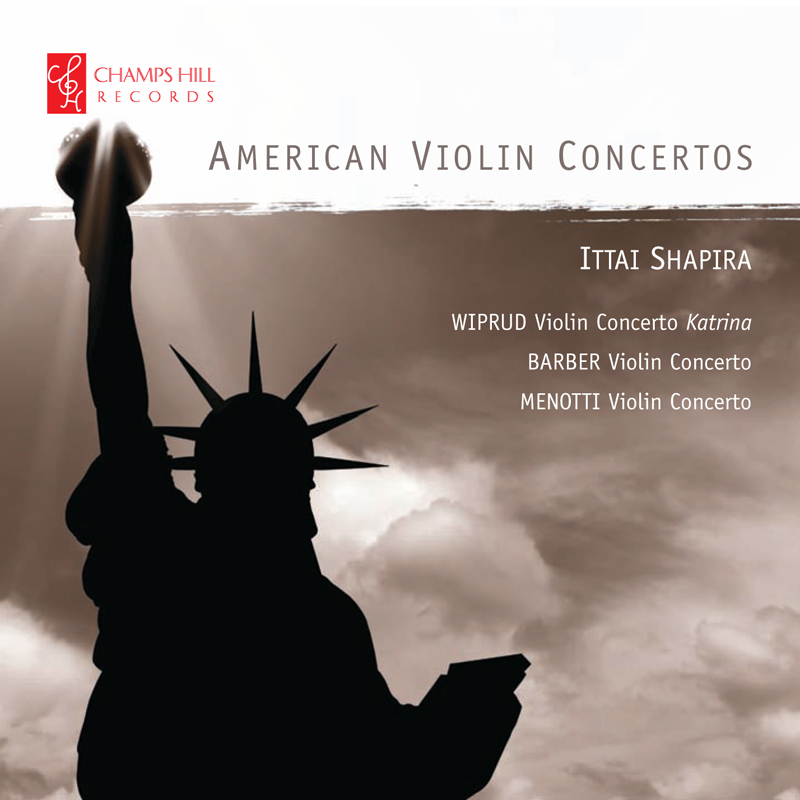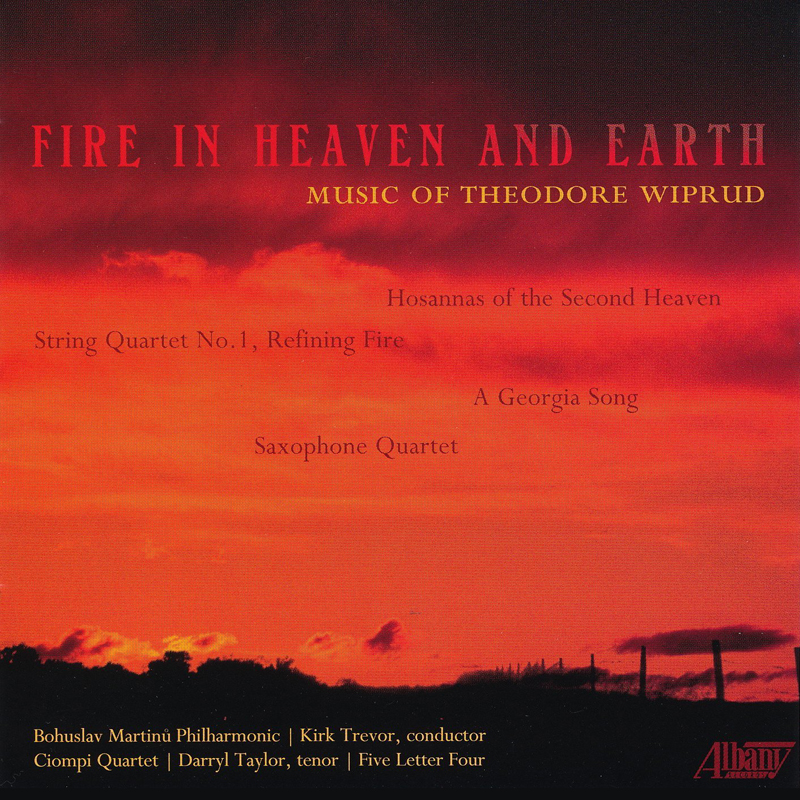During the 1990s I kept a clipping file (actual paper with words on it, clipped from magazines and newspapers) about musical and cultural issues. Recently I’ve been thinning out old folders, a pandemic pastime. Among the hundreds of clips, I’m struck by a bunch with titles like these:• “Nothing But New Works: A Fantasy Season” Paul Griffiths, New York Times 8/9/98• “Who’s Afraid of the Avant-Garde?” Charles Rosen, New York Review 5/14/98• “Don’t Blame Modernists for the Empty Seats” Paul Griffiths, New York Times 3/22/98• “To Revitalize Classical Music, Try the Jolt of the New” Anthony Tommasini New York Times 12/5/97• “Freshening Up” (“crowd-pleasing” new composers) Peter Davis, New York Magazine 5/19/97 Griffiths, Rosen, Tommasini, Davis – quite a chorus of different takes and agendas
Read more →How does creating music affect the first-time composer? Suppose her feelings and impulses are centered, instead of theoretical concepts or compositional models. Suppose her first efforts to generate and structure music lead to professional performance and public affirmation. Suppose the young composer catches the composing bug. Having been a composer-mentor in the South Dakota Symphony’s Music Composition Academies for several years, dealing mostly with Native American youth, I’ve come to striking realization.
Read more →Until recently, few were aware of its existence. But suddenly, The Diary of One Who Disappeared, composed by Leos Janacek from 1917 to 1920, is cropping up everywhere. It was performed at both Carnegie Hall and BAM last season, and I’ve heard both of the performances mounted in New York this season (at the 92nd Street Y, and Brooklyn Art Song Society). I’ve been floored every time – not only by the piece itself, but at seeing that after a century of its own disappearance, this former curiosity has somehow become vibrant repertory.
Read more →When I was a graduate composition student in the early 1980s, I was surrounded by music I really didn’t get but desperately wanted to. We were supposed to model ourselves on this music. Composers like Carter and Birtwistle and Xenakis, their music seemingly from outer space – highly rational yet impenetrable to me then. It certainly did not influence the way I heard or created music. My own music was more rooted in Brahms, Bartok, Janacek, Debussy, Copland.
Read more →A funny thing happens when you return to a teenager after a year. You realize they’ve changed. This may be obvious, but it’s worth noting the kinds of changes that happen – especially when original music provides a window into developing minds and personalities.
Read more →




